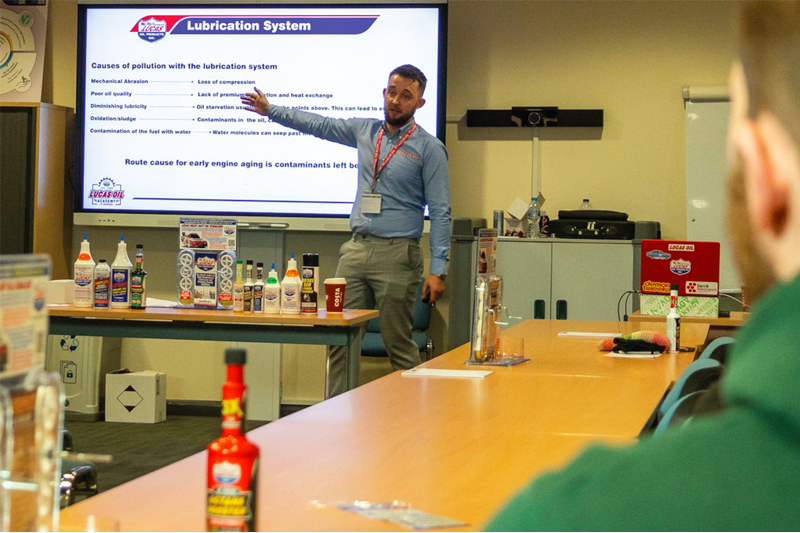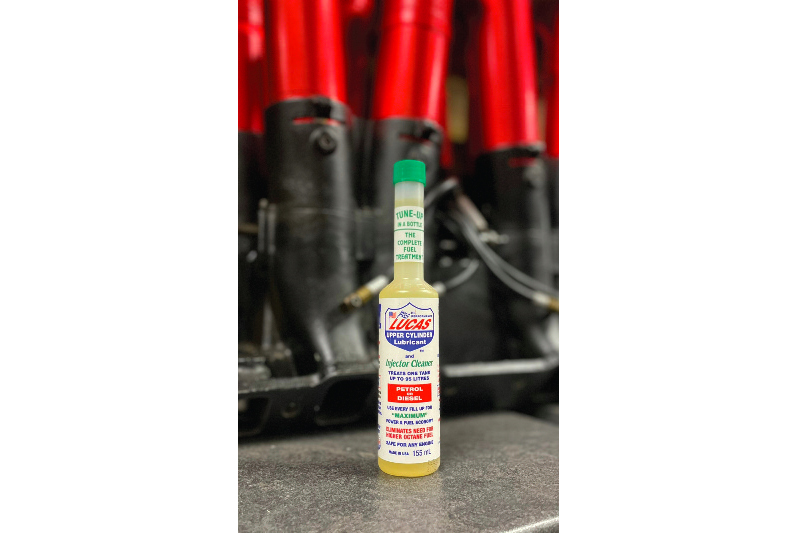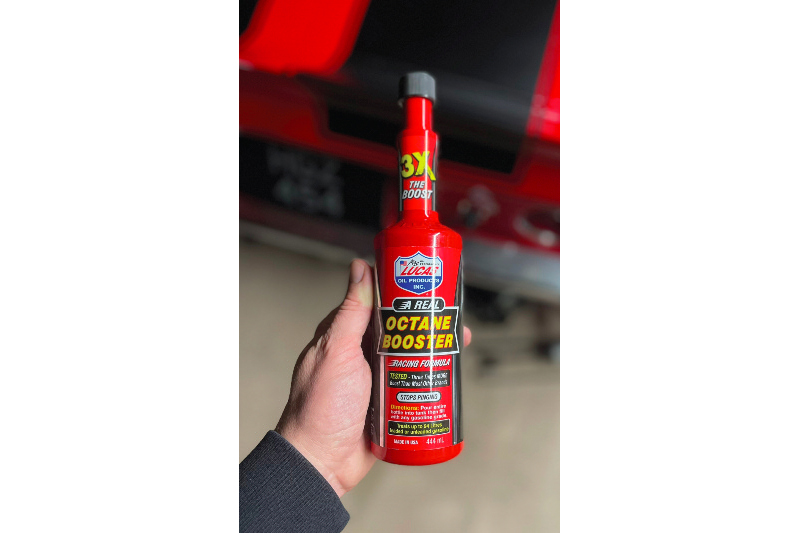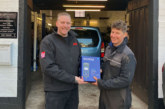Why are additives important in ICE performance?

While the EV market is growing, vehicles with ICEs will continue to provide a major part of garage vehicle repair and maintenance for some time to come, according to Lucas Oil. A technical session within the Lucas Oil Academy (LOA) explained why additives enhance ICE performance and how they assist preventive maintenance.
Nathan Owen, an LOA technician, said: “Lucas Oil’s problem-solving additive products can help to significantly improve MPG, reduce engine emissions and protect engine components, for example.”
Upper Cylinder Lubricant is a fuel additive that removes tars and resins from injectors, restoring the spray pattern and improving fuel efficiency. Consequently, fuel burns more thoroughly, and emissions are reduced.
Heavy Duty Oil Stabilizer is an oil additive that provides year-round protection for engine components, especially those left idle for any length of time. For these, it avoids ‘dry starts’ by leaving a coating of lubricant on engine parts even after the oil has drained down into the sump.
Lucas Oil additives are being used to combat problems caused by higher levels of ethanol in modern fuels.

Nathan claimed: “It’s likely that more than 600,000 cars on UK roads are incompatible with the latest E10 fuels.”
Ethanol causes a gradual deterioration of the rubber fuel hoses in cars with fuel systems that were not designed to run on E10 fuels. As ethanol absorbs water from the air, phase separation occurs in fuel tanks. This is a non-combustible mix of fuel and water at the bottom of the tank. In addition to ignition problems, there is a likelihood of greater corrosion throughout the fuel and exhaust systems.
The Lucas Oil solution is Safeguard Ethanol Fuel Conditioner Treatment. Designed to provide complete protection, it is suitable for classic and vintage cars – Nathan said it’s a myth that only these cars are affected.
He added: “I’d say this additive should be regularly used in a long list of unprotected cars built before 2012. You can add many motorcycles, petrol-driven garden tools and leisure crafts to that list.”
LOA explains the impact of seasonal changes on the supply chain as garaged vehicles emerge from winter storage in spring.

Lucas Oil’s Octane Booster does what it says in the name. It is typical of the new season’s demand for additives. Ceramic Speed Wax and the Interior Detailer are examples of spring car care products that will be sold over the coming months. Lucas Oil believes motor factors and automotive retailers alike are benefiting from LOA’s wider programme. The latest marketing initiative with A1 Motor Stores, for example, involves a promotion of Lucas Oil’s top 10 problem-solving additives to its customers. The LOA is delivering product training to 120 members of the independent network.
Titan Ynys Mon is a branch of the Titan Group, situated close to the US-owned lubricants manufacturer’s base in Anglesey, North Wales. When an additive training event for senior mechanics from 10 local garage customers was arranged, the LOA led the session.
Lucas Oil reported that mechanics observed that additive technologies save time on some jobs by offering customers a faster, more efficient and more cost-effective solution. Furthermore, they can appreciate that using additives will help them attain their maintenance goals. They can move on to new revenue earning jobs more quickly and add fresh revenue streams at the same time.
LOA is also helping students in colleges build knowledge for the future, as reported in the report on page 15.








